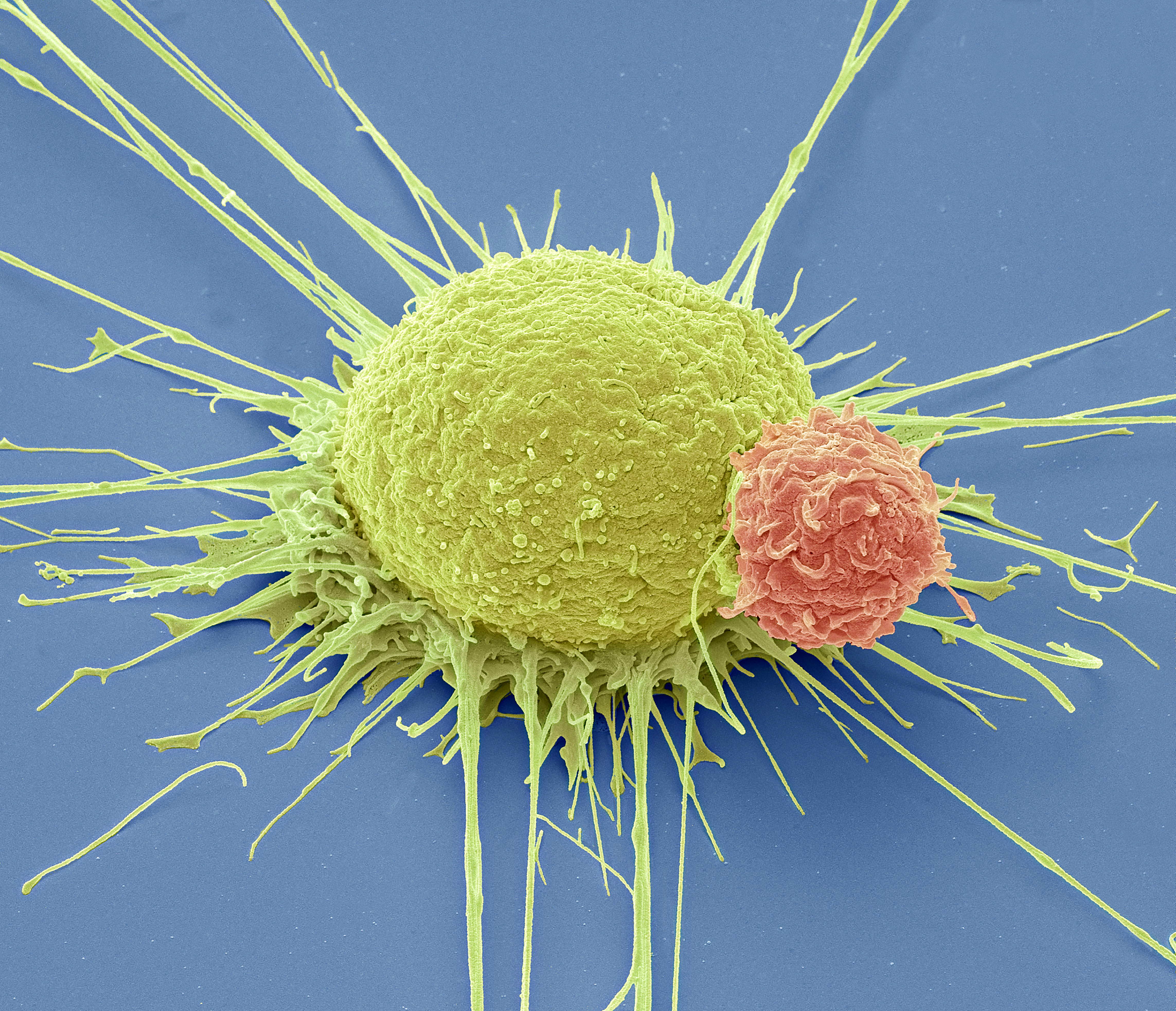KU Leuven researchers develop method to predict cancer patients' response to immunotherapy

An international group of researchers led by Flemish university KU Leuven has succeeded in identifying biomarkers in cancer patients that make it possible to predict how well they will respond to immunotherapy. KU Leuven announced the breakthrough on Thursday.
Immunotherapy involves using the patient's immune system to fight cancer. The advantage of this method is that the immune system can "build a memory" against cancer cells, providing long-term protection. Immunotherapy seems to be an effective treatment for patients with different types of cancer but does not work the same in everyone. The reason for these varying responses in patients was unknown until now.
In their latest study, the researchers compared the immunological environment of various tumours and were able to distinguish two types. The environment of the first kind, which includes melanomas, bladder cancer and lung cancer, contained typical, known cells that support immunotherapy. Patients in this group generally showed promising results after treatment with immunotherapy.
This was not the case in the second group, which included glioblastoma (brain tumour) and ovarian cancer. There were indications that the attack against cancer cells was suppressed. By comparing the different immunological environments with patient data, the researchers were able to identify biomarkers on immune cells - known as T cells - that could help predict the success of immunotherapy.
Especially in patients with glioblastoma, the researchers found T cells that are in too poor a state to respond to existing immunotherapies. The study shows that people with glioblastoma or ovarian cancer do not benefit from current immunotherapy methods.
(BRV)
#FlandersNewsService | T lymphocyte and prostate cancer cell © PHOTO SCIENCE PHOTO LIBRARY RM